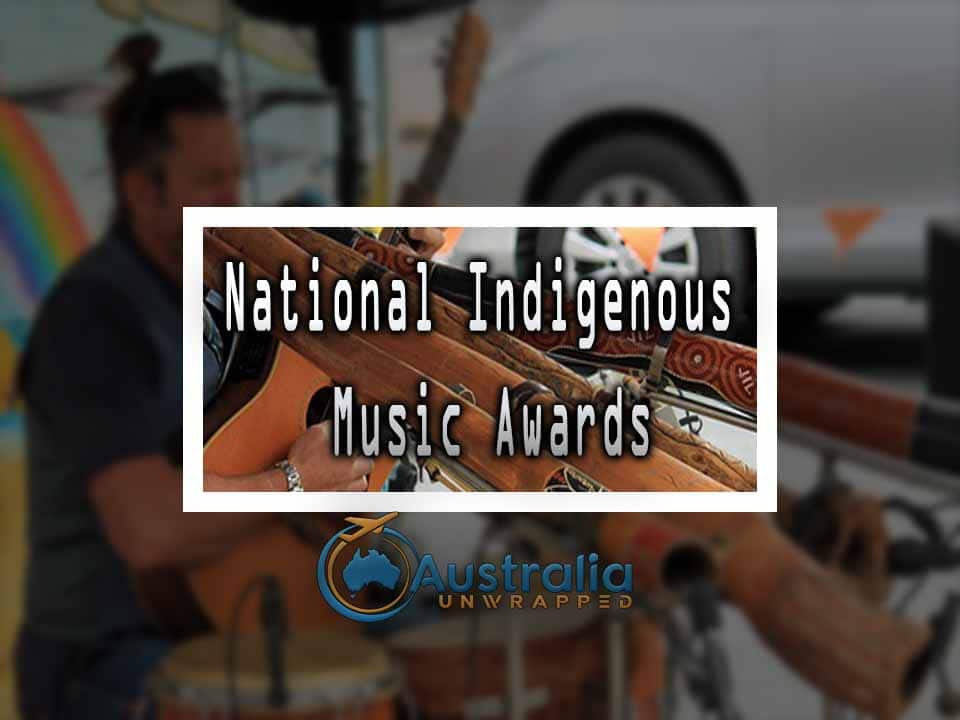Defending Equality: Why We Must Vote No to the Voice
Introduction
In the upcoming referendum on the First Nation’s Voice to Parliament, we are faced with a critical decision that goes beyond mere symbolism. It is a choice that strikes at the heart of our democracy and challenges the very principle of equality of citizenship. While constitutional recognition of Indigenous people is a worthy goal, the proposed Voice is not the appropriate path to achieve this. It creates a constitutional entity with unlimited scope, eroding the fundamental tenet of equality. In this article, we present the arguments against the Voice and advocate for voting No, steadfastly defending the principles that underpin our democratic society.
Preserving Equality
Opposition to the Voice should not be equated with opposition to constitutional recognition of Indigenous people. The majority of people, driven by goodwill, would readily accept a constitutional change acknowledging the first occupants of this land. However, the current referendum proposal goes far beyond this. It aims to inject a permanent element of racial privilege into the Constitution, granting Indigenous Australians and their descendants an additional avenue to influence public policy beyond the bounds of representative democracy enjoyed by all citizens, regardless of race.
The Dangers of Unlimited Scope
One of the primary concerns with the current model for the Voice revolves around the unlimited scope of its subject matter. While there is merit in the argument that Indigenous people should have a say before special laws are enacted concerning them under the Constitution’s race power, it is crucial to limit the Voice’s involvement solely to laws specifically relating to Aboriginal and Torres Strait Islander affairs. Unfortunately, the proposed Voice extends its jurisdiction beyond Indigenous matters, allowing it to involve itself in any debate affecting the broader community as long as it relates to Indigenous peoples.
The Threat to Equality of Citizenship
By empowering the Voice to make representations not just to Parliament but also to the executive government on matters relating to Indigenous peoples, we risk creating a race-based lobby group that holds undue influence over all areas of public policy, legislation, and administrative decisions. This undermines the core principle that all Australians should be equal, not just before the law, but also before those who make and apply the law. It grants one group of Australians an unwarranted and disproportionate advantage, perpetuating a system of racial preference that disrupts the unity and fairness of our nation.
The Erosion of Democratic Principles
If the referendum succeeds, the Voice would establish a parallel administration with its own policies and priorities, independent of parliamentary oversight. It would place significant pressure on governments to cater to the demands of the Voice, potentially sacrificing the broader national interest in favor of sectional interests. Government decision-making would be influenced not only by elected representatives but also by an unelected body, creating an imbalance in the democratic process and weakening the accountability of governments to the people they serve.
The Imperative of Equality
Central to the argument against the Voice is the preservation of equality before the law and in the eyes of those who make and administer the law. Embracing the Voice would bestow constitutional standing and public funding upon a specific community group, creating an unjustifiable and inherently unfair system of racial preference. Rather than closing the gap and fostering reconciliation, it would breed resentment and division, sowing the seeds of inequality and perpetuating a cycle of injustice.
Conclusion
In this critical juncture, where the ideals of equality and fairness hang in the balance, we must stand firm and vote No to the Voice. The proposed referendum poses a fundamental threat to the principles that define our democracy. We must reject the establishment of a race-based institution that grants unwarranted privileges, undermines equality, and weakens our democratic foundations. Let us defend the unity and fairness of our nation, upholding the belief that every Australian should be equal in the eyes of the law and those who shape our laws. By voting No to the Voice, we safeguard the very essence of our democratic society and reaffirm our commitment to a future built on equality and unity.
10 Alternate Ways to Say “Vote No to the Voice” with Grim Determination:
- Reject the Voice and preserve the sanctity of equality in our democracy.
- Stand firm and deny the Voice, safeguarding the principle of equal citizenship.
- Unwaveringly oppose the Voice and protect the foundation of our democratic values.
- Refuse to yield to the Voice, defending the unshakable bond of equal citizenship.
- Stand resolute against the Voice, defending the unity and fairness of our nation.
- Deny the Voice and fortify the unwavering strength of equality in our society.
- Reject the Voice and fortify the bedrock of justice and fairness in our democracy.
- Stand tall and repudiate the Voice, preserving the indomitable spirit of equal rights.
- Defend the core principles of democracy and vote against the Voice.
- Unyieldingly resist the Voice, protecting the unassailable principles of equal citizenship.
Also See: Building a More Inclusive Australia: 7 Reasons to Back the Voice










